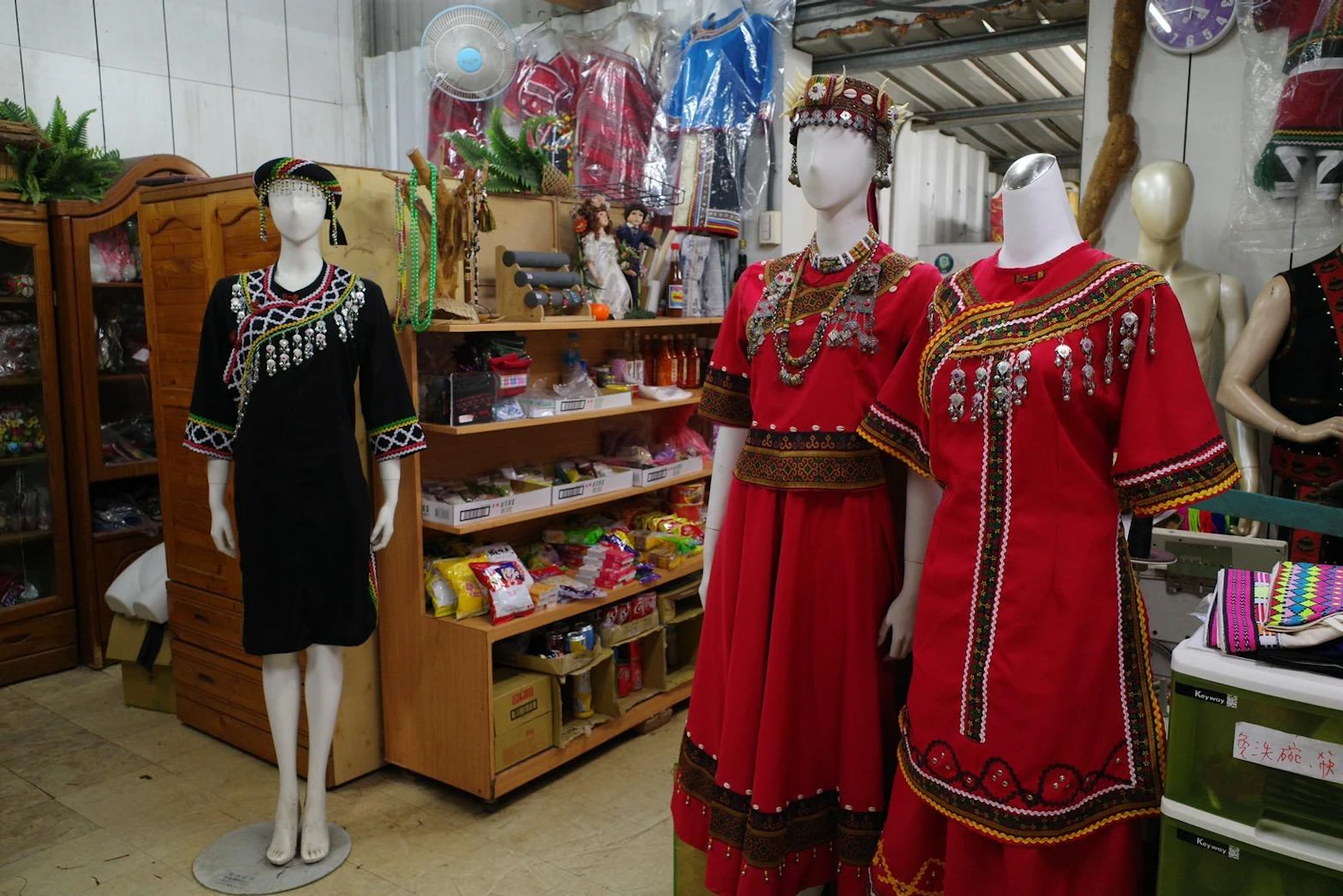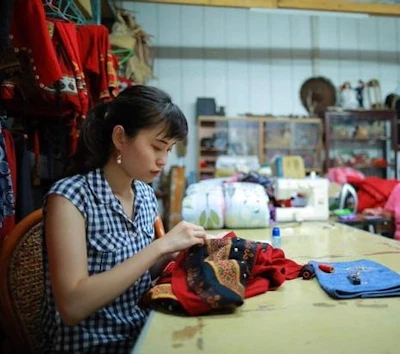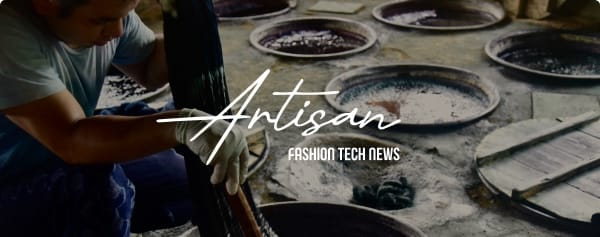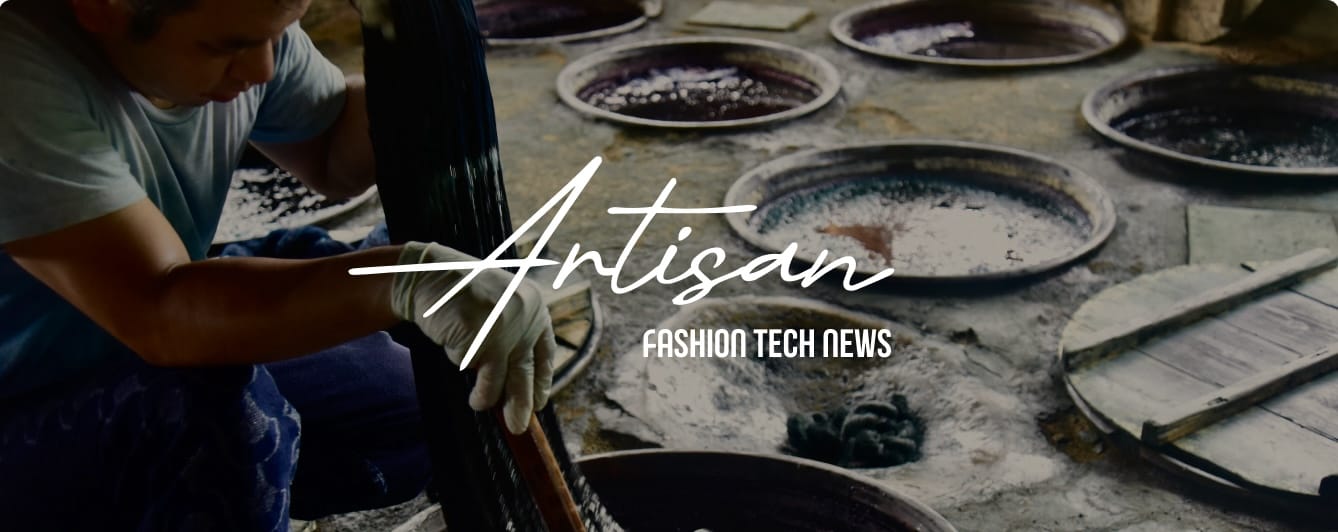12.26FRI
Relay Column: Urban Encounters Through Wearing "Ethnic Costumes" – A Case Study of the Workshop of アーリンリン, a Taiwanese Indigenous Person (Kiwako Masuda)

PROFILE

Kiwako Masuda
Doctoral student in the Department of Sociology at Keio University and Special Research Fellow of the Japan Society for the Promotion of Science. Her specialties include cultural anthropology, indigenous studies, and race and ethnicity studies. She focuses on the indigenous peoples living in urban areas of Taiwan, researching their coexistence with different ethnic groups and pan-ethnicities. Her paper "台湾の都市における汎原住民的なつながり:台中市原住民族部落大学を事例に" was published in "三田社会学" Vol. 27 (2022). researchmap
I first met A Lin Lin when I was an exchange student in Taiwan.
One of the events I attended while searching for my thesis theme was a corner organized by her for trying on ethnic costumes.
Perhaps because of the strong impression of Han Chinese culture in Taiwan, it is surprisingly not well known that there are indigenous peoples, referred to as "原住民族" (1) of Austronesian descent. Currently, 16 ethnic groups (2) are publicly recognized as indigenous peoples, each with diverse languages and material cultures that represent their ways of dressing (3).
A Lin Lin is also a native of the Paiwan people. Through the event, I was able to try on Paiwan traditional clothing, take photos with A Lin Lin, and during our conversation, I learned that she runs a workshop that specializes in indigenous clothing and accessories nearby.
When I visited her again later, I found not only her workshop but also an entire "urban indigenous" settlement centered around it.
The "Ethnic Costumes" Worn by Urban Indigenous Peoples
Urban indigenous refers to indigenous people who have migrated from settlements in indigenous regions (4) to urban areas. It is said that more than half of the total indigenous population (5) is now urban indigenous.This article is for members only.
Please register to read the rest of the article.
What you can do with a membership
- Read members-only articles
and use text-to-speech. - Unlimited article favourites
and browsing history. - Attend members-only events.
- Get the latest information
with our email newsletter.
CONCEPT VIDEO
"fashion tech news" Unveils New Logo & Concept Video
TOP ARTICLES
RELATED ARTICLES
CONCEPT VIDEO
"fashion tech news" Unveils New Logo & Concept Video
CONTACT
If you have any questions or enquiries, please enter your details in the form below.









.jpg?w=400&fm=webp)

.jpeg?w=400&fm=webp)






.png?w=400&fm=webp)

